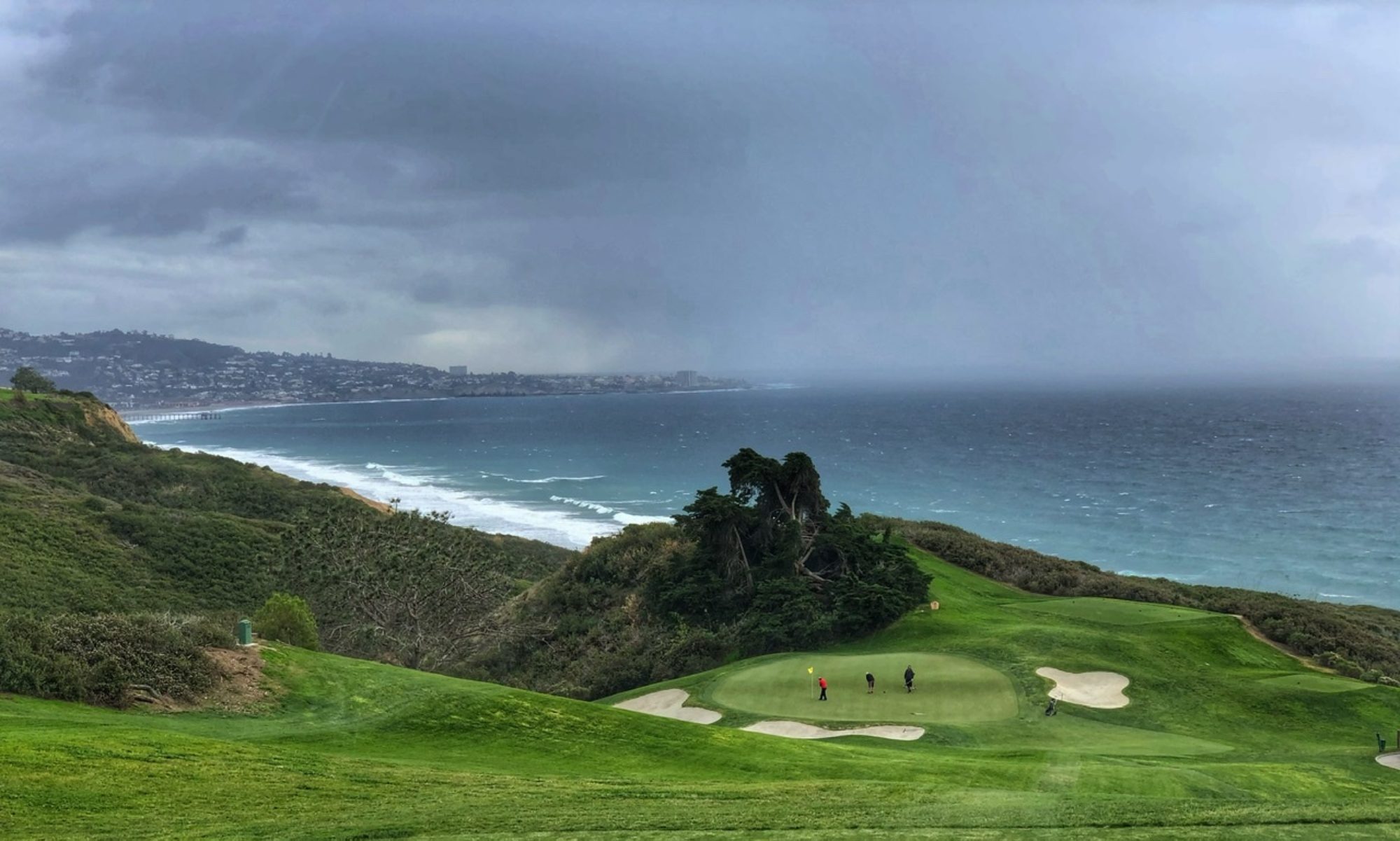It was time to travel despite a war in Eastern Europe, runaway inflation, political turmoil and exploding Omicron SARS-CoV2 variants. With a KN-95 mask, COVID antigen tests and $50 worth of digital guidebooks in hand, we boarded a river boat to glide upstream down the Rhine, Mein and Danube, from Amsterdam to Budapest to find history, fine spirits and the origins of ancestor’s past.
We were going to the edge of civilization, as the Romans had defined it circa 2000 years ago. The Rhine and Danube were the North and Eastern boundaries of the empire, warding off the barbarians, the Goths, Vandals, Visigoths and Franks. The Franks had plundered Eastern and Western Europe, united under Charlemagne and eventually (?with the help of intermarriage and French wine) settled down in France so their ancestors could appreciate fine architecture, food and Jerry Lewis.
The tragedies of history were retold by guides, museums and historical plaques as the craft dodged buoys and passed feudal castles. In Amsterdam, Cologne, Regensburg, Vienna, Rothenburg, Bratislava and Budapest were military monuments, holocaust memorials, mass graves, ramparts and moats, museum artifacts, artillery and ballistic impacts on stone walls that testified to perpetual war and oppression from the Middle Ages onward. The grievances are engraved in our schoolbooks: Romans v. Barbarians, Christians v. Arabs (Crusades 1-4), Protestants v. Catholics (30 Years War and others), Ottoman Empire v. “Civilized” Europe, Habsburgs v. National Uprisings in the mid nineteenth Century, Prussian Wars of the late 19th century. The 20th century brought us World Wars I and II ending the Holy Roman and Ottoman Empires and Hitler and the Third Reich at the expense of over 60 million lives.
As we headed South and East along the Rivers, I encountered glimpses of my Jewish heritage. The Jewish Diaspora from antiquity forced migration from Western to Eastern Europe along the Rhine and Danube. Jews were multilingual merchants, bridging the Arab and European divide and helping to create the trade routes from Asia, Africa and Europe. They were artisans in the pre-industrial world and creators of the financial world that allowed the development of city-states. Judaism financed the release of Richard the Lion Hearted of England’s release from captivity and paid for the defense of Vienna against Ottoman Invasion in the 17th century. Yet, each town’s history was marked by the same recurring theme: Jewish expulsion and persecution.
Tragedy often begets opportunity. Science, medicine and art blossomed along these European river tributaries. Booerhaave, the Dutch physician, organized hospital divisions, defined pathology and described his eponymous esophageal rupture syndrome. Dicke, an Amsterdam physician, recognized abdominal pain and diarrhea in Dutch children reintroduced to bread following privations of World War II and described celiac disease. Down the Rhine at Erlangen, Germany, Demling and Classen devised a modified electrified wire passed through an endoscope and allowed non surgical removal of bile duct stones in a jaundiced nurse in 1973, introducing therapeutic biliary endoscopy to the world. Wilhelm Conrad Rontgen, discoverer of X rays, taught on the Mein River at Wurzburg in the late 19th century. Sigmund Freud’s psychoanalysis treatise and practice was a part of 1890’s Vienna. Laszlo Biro from Budapest, invented the ballpoint pen and freed the world from fountain pen leakage.
Music flourished along the river, providing the world with the classics from Mahler, Mozart, Beethoven and Liszt.
History was infused in everything we saw and consumed. I ate herring in Amsterdam as the Dutch West India Company sailors did before traveling to Nieuw Amsterdam and quaffed Riesling from The Rhine Valley from Middle Age monastery vineyards. A McDonalds and statues of Ronald Reagan and George Bush in Budapest were symbols of who won the Cold War.
The realities of the past portend the fragility of peace for the future. The murmurs from these ancient rivers give us pause to respect and cherish our freedoms.




























